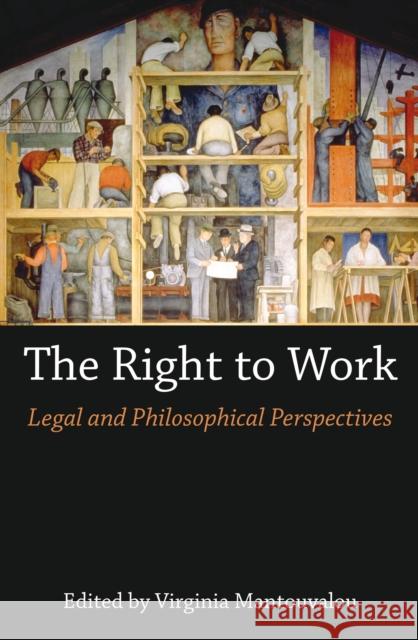The Right to Work: Legal and Philosophical Perspectives » książka
The Right to Work: Legal and Philosophical Perspectives
ISBN-13: 9781849465106 / Angielski / Twarda / 2015 / 368 str.
The Right to Work: Legal and Philosophical Perspectives
ISBN-13: 9781849465106 / Angielski / Twarda / 2015 / 368 str.
(netto: 466,45 VAT: 5%)
Najniższa cena z 30 dni: 470,97
ok. 30 dni roboczych.
Darmowa dostawa!
The value of work cannot be underestimated in today's world. Work is valuable because productive labor generates the goods needed for survival, such as food and housing; goods needed for self-development, like education and culture; and other material goods that people wish to have in order to live a fulfilling life. A job also generally inspires a sense of achievement, self-esteem, as well as the esteem of the others. Additionally, people develop social relations at work, which can be very important for them. Work brings both material and non-material benefits. There is no doubt that work is a necessary fundamental good. However, do we have a human right to this good? What is the content of this right? Does it impose a duty on governments to promote full employment? Does it entail an obligation to protect individuals from unfair dismissal? Does it impose an obligation to promote healthy and safe conditions at work? Who are the right holders? Do migrants have a right to work, for example? How about undocumented migrants, asylum-seekers, or refugees? This book addresses the uncertainty and controversy that surrounds the right to work, both in theoretical scholarship and in policy-making. It discusses the philosophical underpinnings of the right to work, along with its development in human rights law at national levels (in jurisdictions such as the US, the UK, Australia, and France) and the international level (in the context of the European Social Charter, the International Labor Organization, the European Convention on Human Rights, and other legal orders). Subject: Labor Law, Discrimination Law, Human Rights Law]











